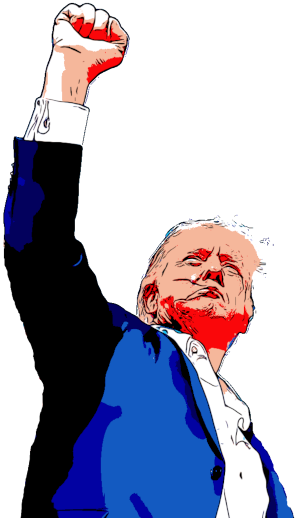Trump and Netanyahu to Discuss Tariffs and Middle East Tensions at White House Meeting
President Donald Trump and Israeli Prime Minister Benjamin Netanyahu are set to meet at the White House to discuss a range of critical issues, including recently imposed tariffs and ongoing conflicts in the Middle East.
President Donald Trump and Israeli Prime Minister Benjamin Netanyahu will convene at the White House on Monday to address several pressing matters, including the impact of new U.S. tariffs on Israeli goods and the escalating situation in the Gaza Strip. The meeting comes on the heels of Trump’s ‘Liberation Day’ announcement, which introduced a 17% tariff on goods imported from Israel, sparking concerns over potential economic repercussions for both nations.
The tariff, set to take effect on April 9, has raised alarms among Israeli exporters, particularly in the diamond and high-tech sectors. Alex Coman, a value-creation expert at the Holon Institute of Technology, expressed worries that reduced income from these exports could pose significant problems for Israel’s economy. In response, Netanyahu has initiated efforts to negotiate a reduction of the tariff to 10%, while Israeli Finance Minister Bezalel Smotrich has moved to eliminate remaining Israeli tariffs on U.S. agricultural imports.
Beyond economic concerns, the leaders will also tackle the ongoing war against Hamas in Gaza, the plight of hostages taken during the October 7, 2023, terrorist attack, and the Iranian nuclear threat. The discussions will include coordination on U.S. military support, such as the deployment of a second THAAD anti-missile battery to Israel. Additionally, the situation in Syria, where Turkey’s military intervention has raised tensions, will be on the agenda, with Netanyahu likely to seek U.S. assistance in managing potential conflicts with Turkey.
The meeting underscores the deep personal and strategic ties between Trump and Netanyahu, with the Israeli Prime Minister emphasizing the importance of their discussions for Israel’s economy and security. As global trade dynamics shift and Middle Eastern conflicts persist, the outcomes of this meeting could have far-reaching implications for both nations and the broader region.

